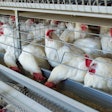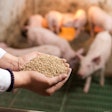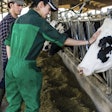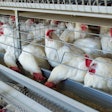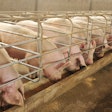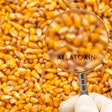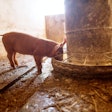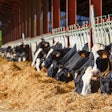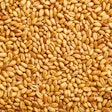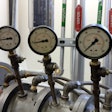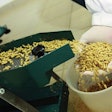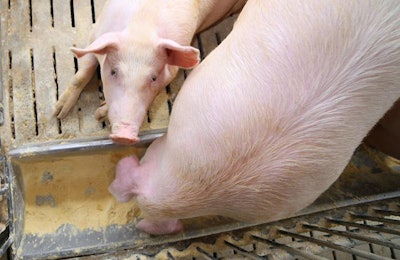
It’s not just feed formulation that can reduce waste
This is my third blog on sustainability, and I am going to keep it short. Last week, we discussed reducing waste in feed formulation (it was about additives, but we could expand the conversation into excessive nutrient safety margins) by re-evaluating each additive we use. I did not make happy some feed additive suppliers, but I know others really appreciated my proposition as a feed overridden with unneeded products has no space (cost) to include the ones actually needed when a new problem arises. So, it is not all black and white.
This conversation of waste brought to my mind another story that happened to me earlier in my career. I was invited by a pig producer to do a similar feed review. I asked to walk the facilities as this is my way of starting with a new client – that was before COVID, obviously. The customer had asked me to review the formulas and propose some additives or nutrient adjustments that would improve the feed conversion rate (FCR) – which was really bad.
After the farm tour, I returned my consulting fee (I get prepaid). There was nothing I could do to the feeds that would improve the FCR when pigs were wasting at least one-third of their feeds down the pits. The feeders were bought on the cheap and they had no adjustment gates. So, the pens were covered with feed, pigs were playing and lying on it, and the pits were white through the slats. I recommended saving on consulting fees and buying modern feeders with feed flow control adjustment gates. I know this producer invited other consultants later on and still spends such money, but he never changed his feeders.
It is not just the feed industry that needs to focus on sustainability by reducing waste (a good first step). It is the whole production chain that needs to be on the same train because we are being evaluated collectively as an animal agriculture industry – and today we even have competitors that play the sustainability card smarter than us (so far).






